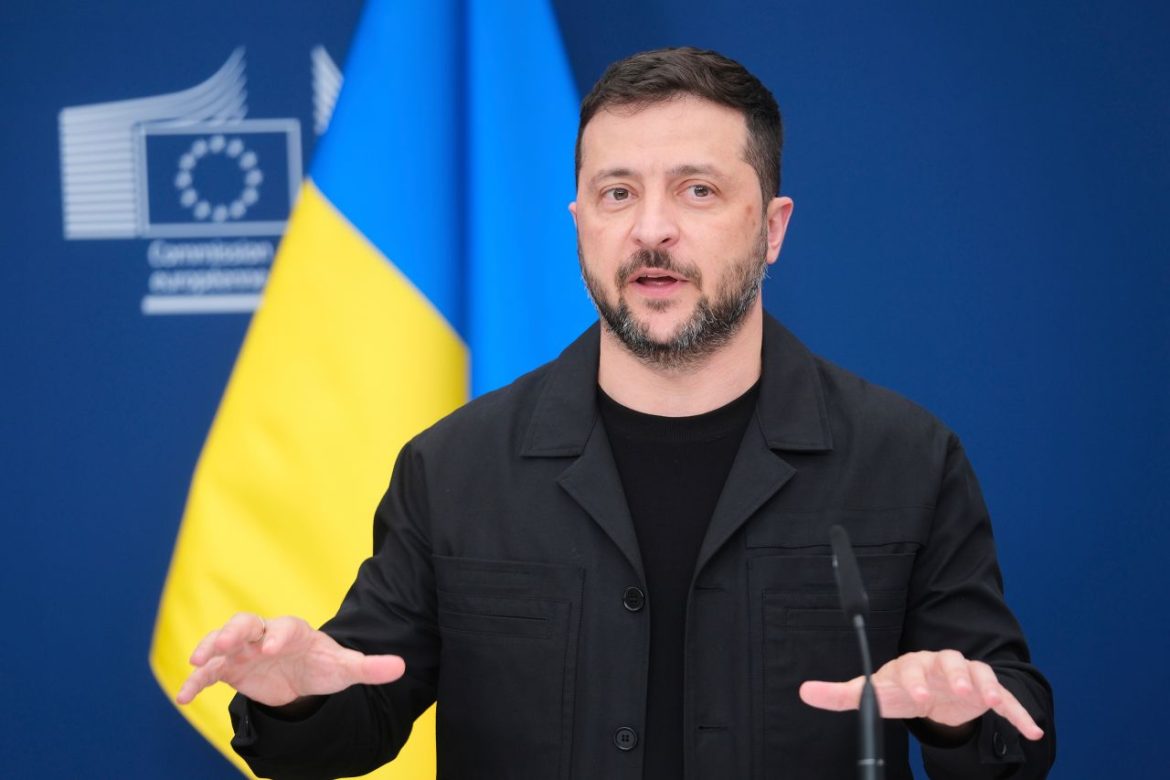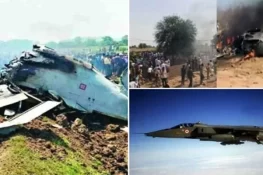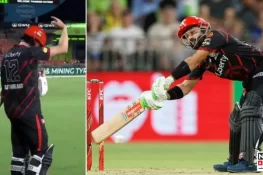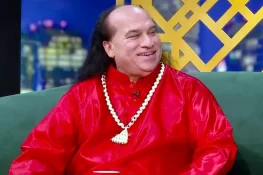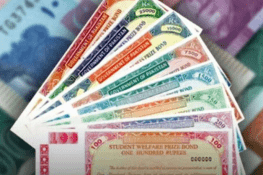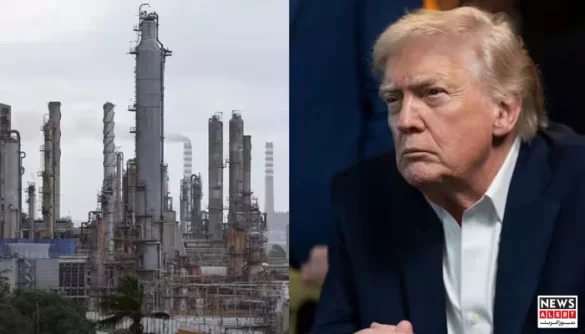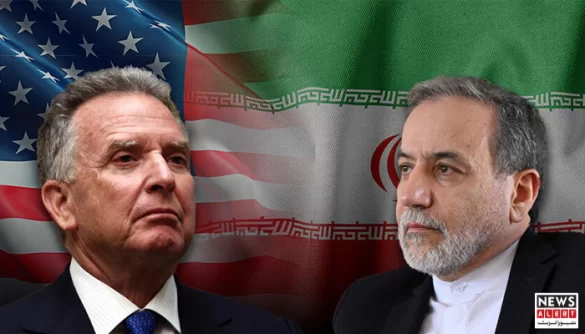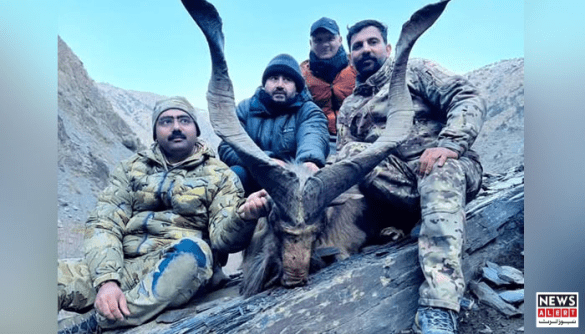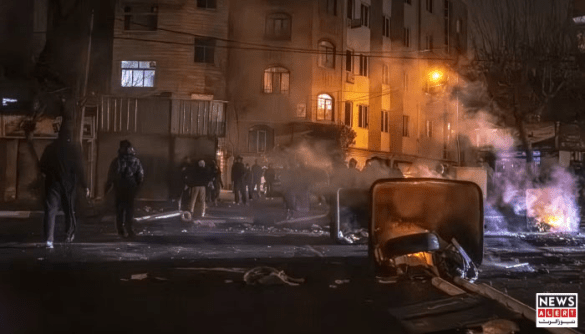Ukraine Rules Out Territorial Concessions
Ukrainian President Volodymyr Zelensky has once again taken a firm stance against Russia, declaring that Kyiv will not give up even “an inch of land” in exchange for a ceasefire.
Speaking at a press conference alongside European Commission President Ursula von der Leyen, Zelensky said Ukraine’s constitution prohibits ceding territory or signing peace deals that involve territorial compromise.
“Ukraine will never surrender its land to Russia under any circumstances,” he stated firmly, dismissing speculation that Kyiv might consider a “land-for-peace” arrangement to end the conflict.
The Long Struggle Over Donbas
Zelensky reminded reporters that Russia’s attempts to assert control over eastern Ukraine’s Donbas region have been ongoing for more than a decade.
“Russia has tried to take Donbas for twelve years, but it has always failed,” he said.
He stressed that a sustainable resolution to the war would only be possible through direct trilateral talks between Ukraine, Russia, and the United States. However, he noted that Moscow has yet to show willingness to engage in such discussions.
The Donbas region, which includes the contested areas of Donetsk and Luhansk, has been at the heart of the conflict since 2014. According to the United Nations, more than 14,000 people were killed in fighting there between 2014 and the full-scale Russian invasion in 2022. Millions more have been displaced.
Strong Support From the European Union
European Commission President Ursula von der Leyen backed Zelensky’s stance unequivocally.
“Ukraine’s borders cannot be changed by force,” she told journalists. “No decisions about Ukraine can be taken without Ukraine.”
Her remarks reflect the European Union’s consistent policy since the outbreak of the conflict: full support for Ukraine’s sovereignty, condemnation of Russia’s aggression, and ongoing financial and military aid to Kyiv.
As of mid-2023, the EU has pledged over €70 billion in military, humanitarian, and financial assistance to Ukraine. This backing has played a crucial role in sustaining the country’s defense against Russian forces.
Putin’s Conditions and U.S. Response
The latest comments from Kyiv come shortly after a meeting between Russian President Vladimir Putin and U.S. President Donald Trump in Alaska.
According to Russian officials, Putin reiterated his condition that Moscow must retain control over parts of eastern Ukraine if a ceasefire is to be considered.
“Russia is a major power, Ukraine is not. Zelensky may have to accept certain terms,” Putin was quoted as saying.
These remarks drew immediate clarification from Washington. U.S. Secretary of State Marco Rubio emphasized that President Trump had no intention of pressuring Ukraine into territorial concessions.
“The United States fully respects Ukraine’s sovereignty and independence,” Rubio said, underscoring that any peace settlement must be acceptable to Kyiv.
Sovereignty as a Red Line
Zelensky’s firm declaration underscores a consistent theme in Ukraine’s foreign policy since the start of Russia’s full-scale invasion in February 2022. Kyiv has repeatedly said it will not negotiate away its sovereignty, regardless of international pressure or the course of the war.
For many Ukrainians, the issue of territory is deeply tied to national identity and survival. Surveys conducted by the Kyiv International Institute of Sociology in 2023 showed that over 80 percent of Ukrainians opposed any peace deal that would involve ceding land to Russia.
What Lies Ahead
The war in Ukraine remains at a stalemate in many areas, with Russian forces holding significant territory in the east and south. Meanwhile, Russian airstrikes have killed dozens in recent attacks, including 16 people in a prison bombing, underscoring the human cost of the ongoing conflict. Analysts warn that as winter approaches, pressure for a ceasefire may increase.
However, Zelensky’s latest statement leaves little room for compromise on Ukraine’s red lines. By insisting on sovereignty and territorial integrity, he has reaffirmed Ukraine’s position to both allies and adversaries.
The coming months are likely to test whether international diplomacy can bridge the gulf between Moscow’s territorial demands and Kyiv’s refusal to compromise.
For now, Ukraine’s president has made one thing clear: the country will defend its land, its independence, and its future — without giving up a single inch.

